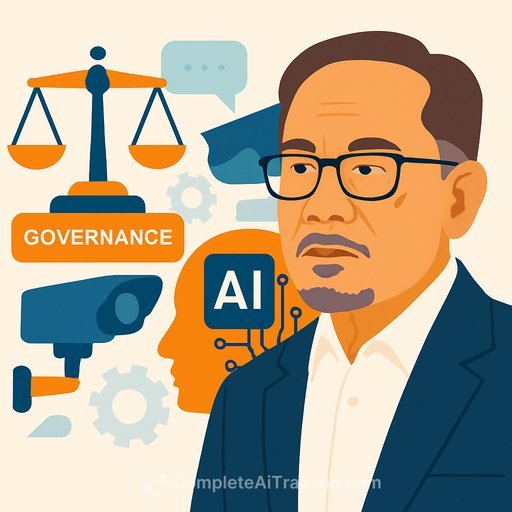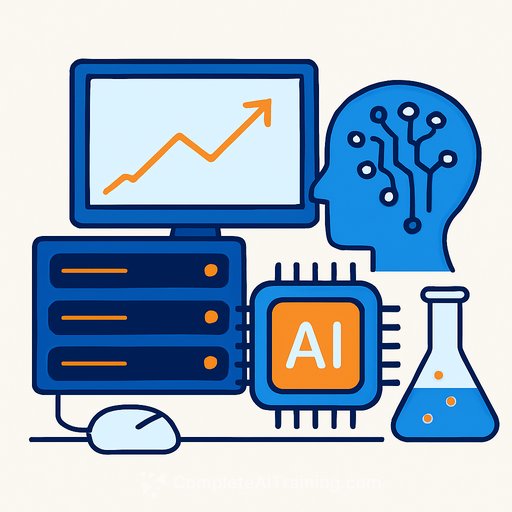Head of UK’s Turing AI Institute Resigns Amid Funding and Focus Shift
The Alan Turing Institute, the UK’s national hub for artificial intelligence research, is facing significant upheaval after its chief executive, Dr Jean Innes, announced her resignation. This follows a period of staff unrest and warnings about the charity’s financial stability.
Dr Innes, who took the CEO role in July 2023, cited the completion of a major transformation program as the right moment to hand over leadership. Her departure comes after Technology Secretary Peter Kyle pressured the institute to pivot its focus towards defence and national security, threatening to withdraw government funding if the change was not embraced.
Government Pushes for Defence Focus
The UK government’s demand for the Turing Institute to prioritise defence-related AI research marks a sharp shift from its previous broader activities, which included environmental sustainability, healthcare, and responsible AI development. Staff members expressed concerns over this change, leading to a whistleblowing complaint submitted to the Charity Commission highlighting serious internal issues.
The Department for Science, Innovation and Technology responded by reiterating the need for the institute to deliver value for money and tangible impact for taxpayers. Meanwhile, staff who filed the whistleblowing complaint view Dr Innes’ resignation as only the beginning. Their priority is to ensure that upcoming leadership changes regain the confidence of employees, government bodies, regulators, and the wider public.
The Institute’s Future Direction
The Alan Turing Institute’s board is now seeking a new CEO to lead the organisation’s next phase, which will emphasize defence, national security, and sovereign capabilities. This represents a strategic pivot away from the institute’s traditional strengths in AI and data science research for societal challenges.
Dr Innes reflected positively on her tenure, highlighting the implementation of a new strategy and organisational transformation. However, she acknowledged that a fresh leadership perspective is needed to guide the institute through this new chapter.
Background: Challenges at the Turing Institute
- Founded in 2015 and headquartered at the British Library in London, the institute has been the UK’s flagship AI research centre.
- A 2023 review by UK Research and Innovation called for an evolution in the institute’s governance and leadership.
- By the end of 2024, 93 staff members signed a letter expressing no confidence in the current leadership.
- In July, Technology Secretary Peter Kyle explicitly requested a defence and security focus, linking further funding to progress on this goal.
- This directive aligns with Prime Minister Sir Keir Starmer’s plan to increase UK defence spending to 5% of national income by 2035, including greater investment in military AI.
Following the funding threat, staff warned the charity might collapse and submitted a whistleblowing complaint citing escalating concerns. The Turing Institute acknowledged recent months had been challenging for its workforce.
Professor Harin Sellahewa, a computing expert, cautioned that narrowing the institute’s scope to defence and national security could undermine its role as the UK’s national AI and data science institute. He suggested this shift risks diminishing its impact on wider societal issues.
For those involved in AI research or considering how national policy shapes scientific priorities, this situation highlights the tension between broad scientific inquiry and government-driven focus areas. The institute’s evolution will be an important case to follow for the UK’s AI community.
To stay updated on AI developments and enhance your expertise, explore a range of latest AI courses and resources tailored for professionals in science and research.
Your membership also unlocks:





